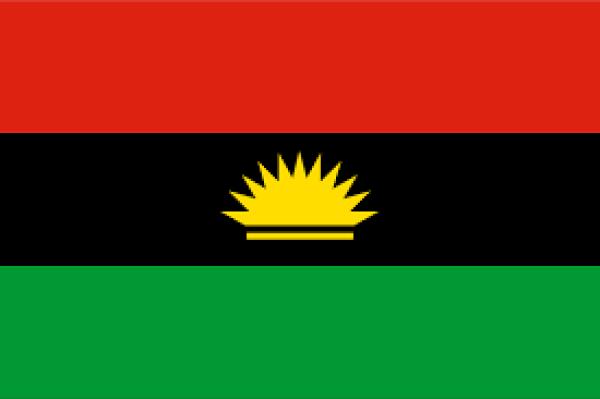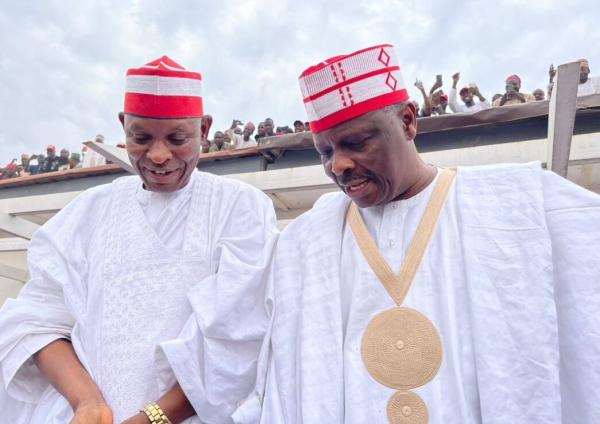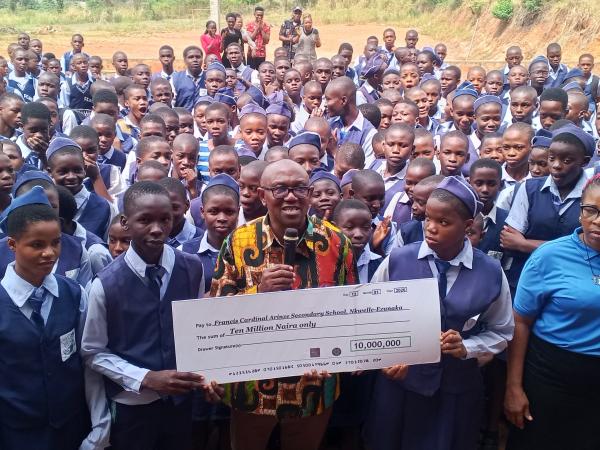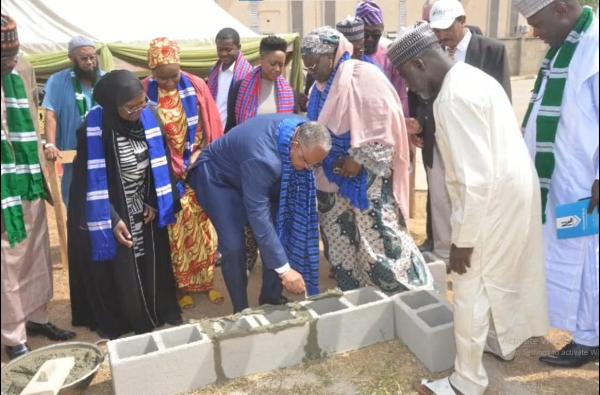
Ahead of next month’s general election, the Peoples Democratic Party (PDP) and All Progressives Congress (APC) have expressed divergent views on how to tackle the challenges facing the operations of the oil and gas sector.
Speaking at a debate organised by the by Centre for Democracy and Development in conjunction with Open Society Initiative for West Africa (OSIWA) which focused on what policy blue print the political parties have in stock for the Nigerian petroleum industry.
Both PDP and APC while acknowledging the need for a speedy passage of the Petroleum Industry Bill (PIB) into law, failed to accept blame that they all have a hand in the delay.
On his part, the representative of the APC and the party’s National Publicity Secretary, Alhaji Lai Mohammed, said as a matter of priority, the opposition party will unbundle the Nigerian National Petroleum Corporation (NNPC) and ensure passage of the PIB Bill within one year in office.
The PDP representative, Dr. Catchy Onanoju, said the party believed so much in the efficacy of the privatisation policy as a veritable tool to gain the advantages that the country seek in its desire for accelerated growth and development.
He said the party believed that “we can use the resources to create jobs for the youths and develop human resource base in the country.”
According to Onanoju, PDP was convinced that the policy of total fuel subsidy removal would free resources hitherto being corruptly consumed by some privileged persons who will then be deployed to provide for the needs of the generality of Nigerians.
When the moderator asked the speakers what their parties have as blueprint for managing the oil revenue, Mohammad who stood in for APC said the country needs to unbundle the NNPC and create a new regulatory body from the corporation that will function specifically for regulatory purposes, so as to allow an unfettered operation in the sector.
For his party, the PDP chieftain said his party believed that the resources accruing from the removal of oil subsidy could be used to create jobs for the youths and develop human resource base in the country, saying “PDP policy was to try and remove fuel subsidy to free resources hitherto being corruptly consumed by some persons.”
The APC man also said unless the country embarked on a comprehensive reform of the oil sector, nothing tangible could be achieved, added that “as at today the Minister of Petroleum is so powerful and required to be whittled down. So, unbundling the NNPC is key to achieving the desired result which Nigerians are expecting.”
His counterpart from the PDP also said his party had proposed the Oil Industry Bill, saying, “but members of the opposition have tried to block the bill from being passed. We will continue to fight to ensure that the PIB is passed and not just passed but with the right content that will bring the expected gains to the people.”
Mohammed however said the body language of the current government would have gone a long way in getting the oil companies to start doing the right things, but insisted that government machineries were weak in regulating the oil sector.
He said it was unfair to blame the opposition for the non-passage of the PIB because the from the composition of the legislature, opposition parties put together does not muster the majority to stall the passage of the bill.
On solid minerals, the APC said it plans to revise legislation on the mining sector.
According to the party’s spokesperson, the laws guiding the sector were outdated and had been abused.
He emphasised the need to reform the law to provide more transparent purpose especially on mining rights.
He disclosed the plans of the APC to fix a certain percentage on revenues made from the raw materials to the benefits of the host communities.





















